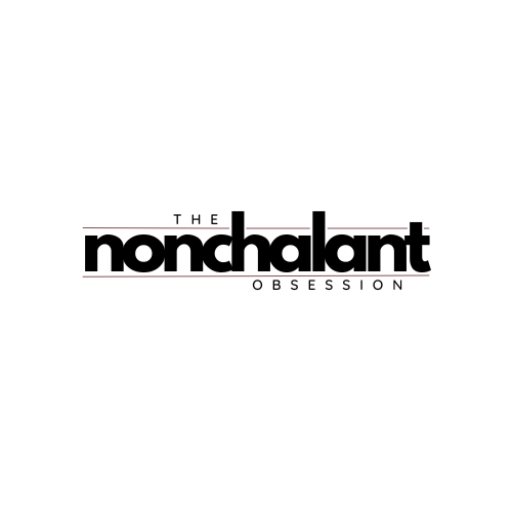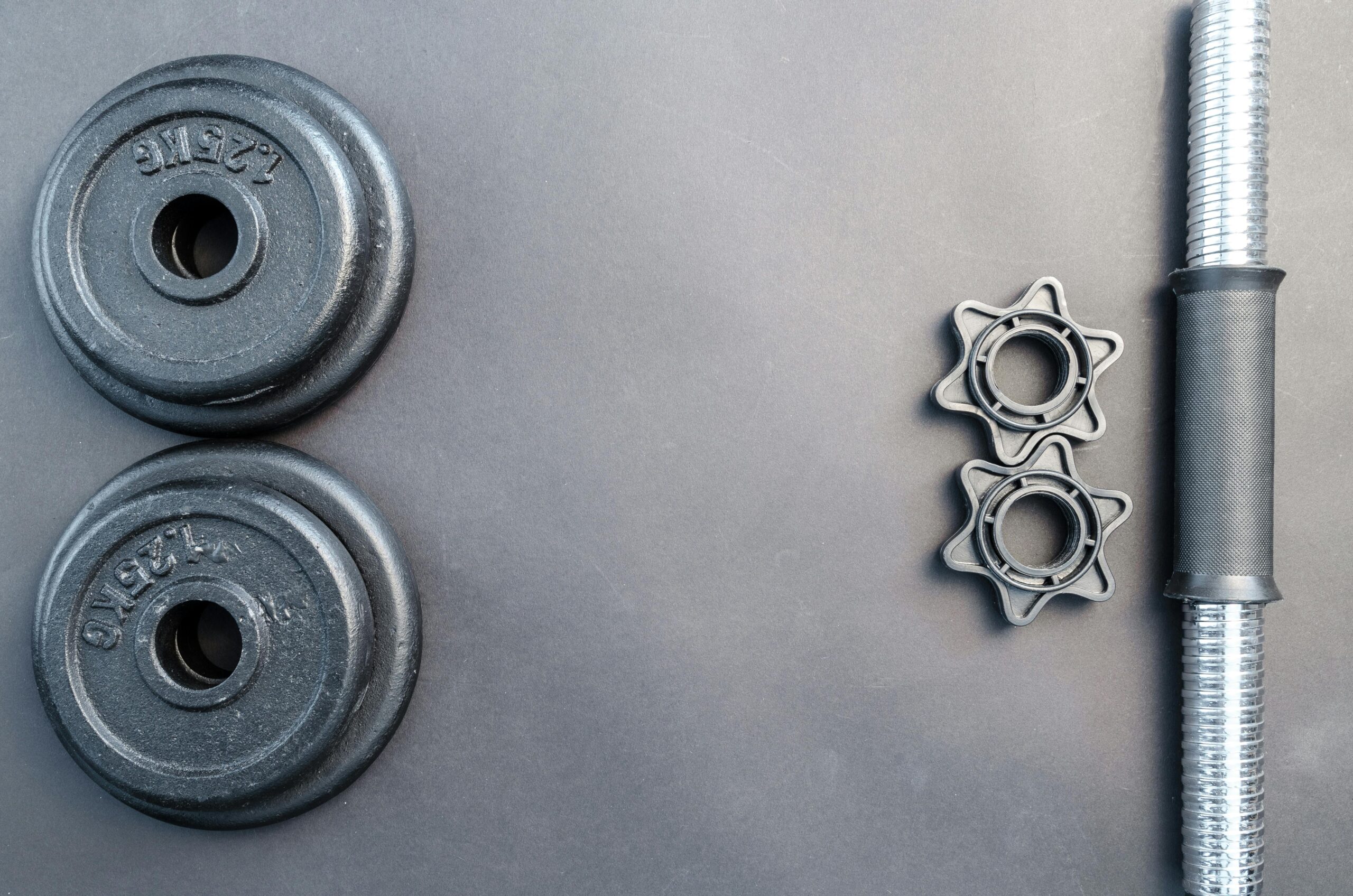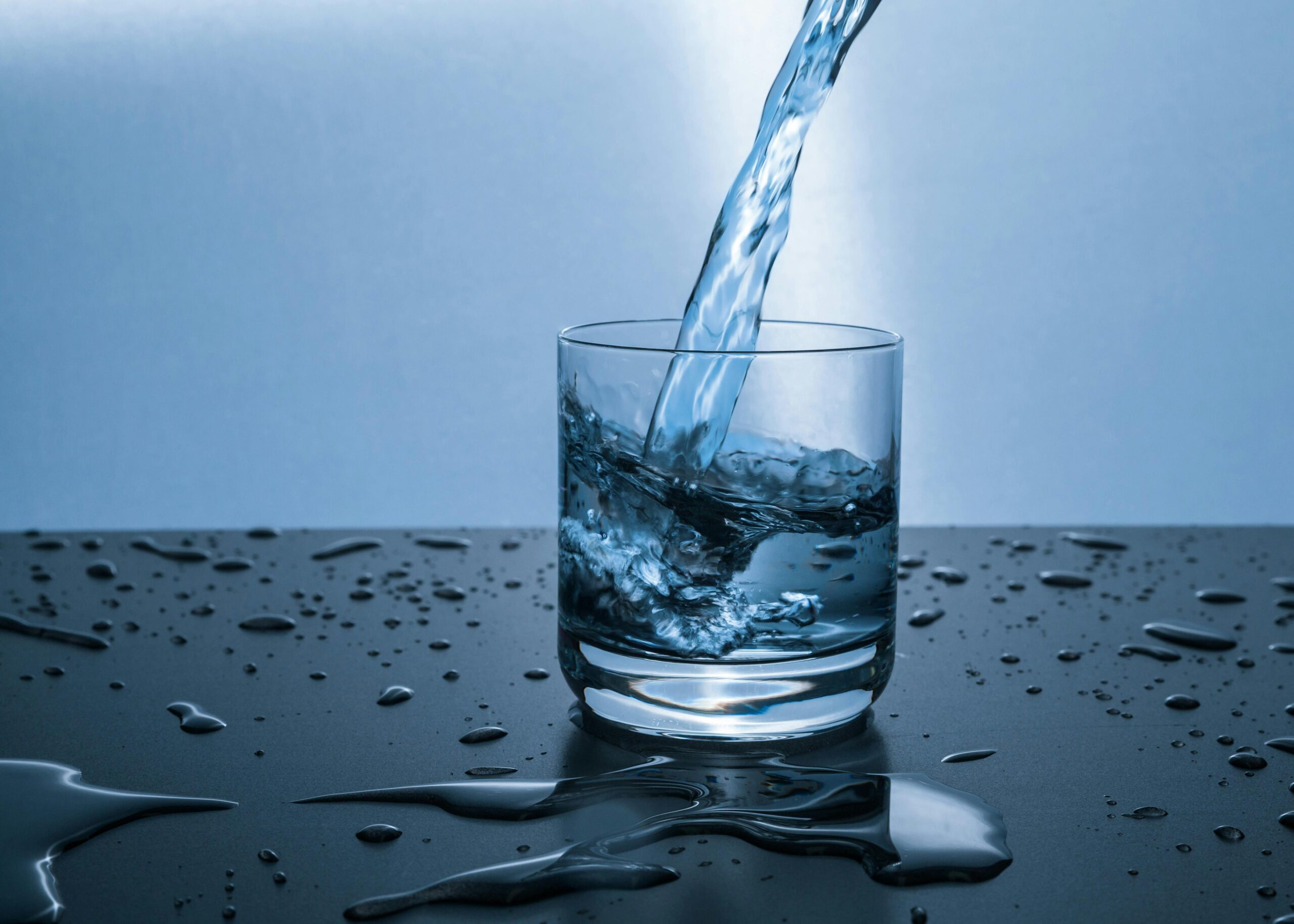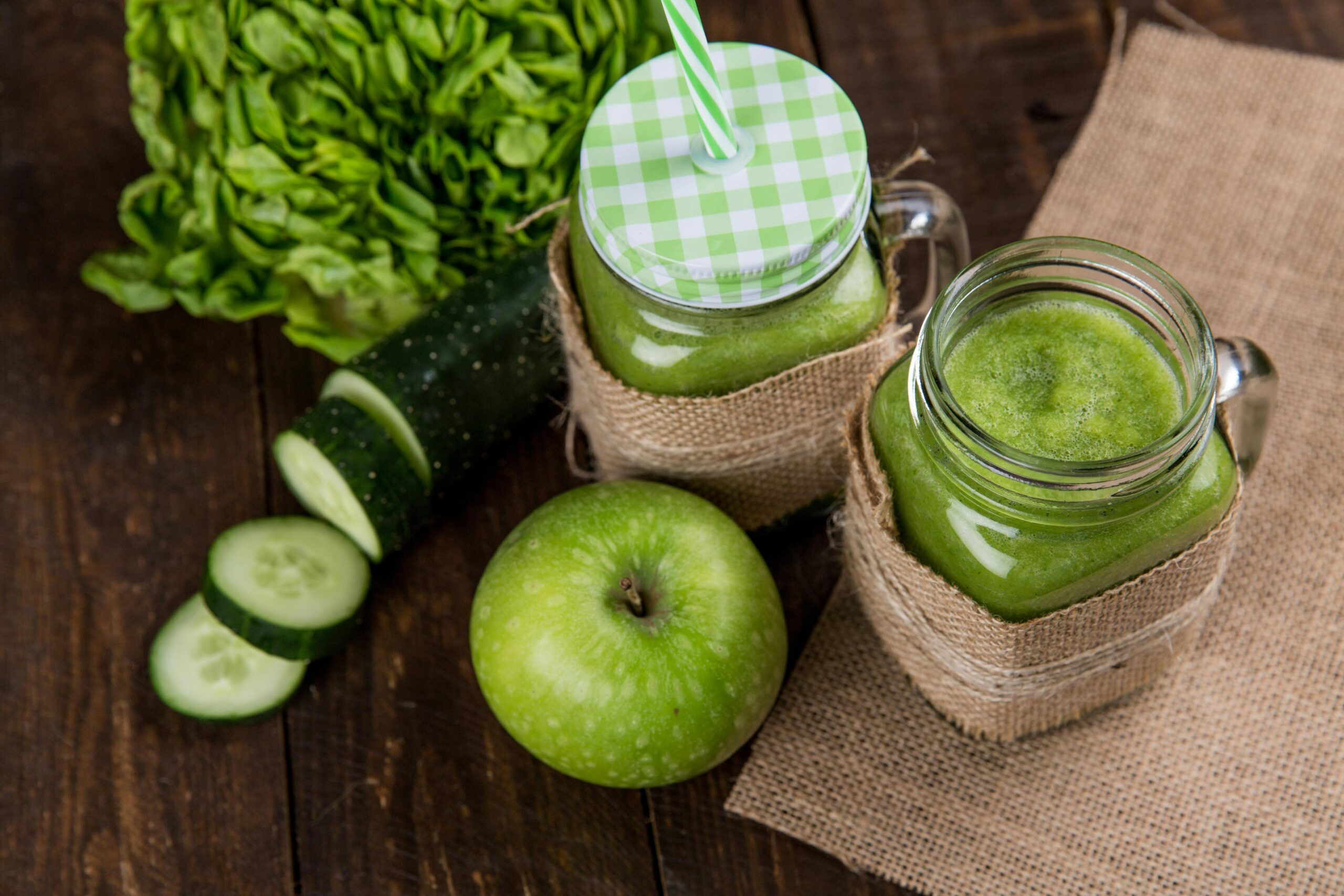A bodybuilding diet is a structured eating plan designed to support muscle growth, recovery, and overall athletic performance. Whether you are preparing for a competition or aiming to achieve a sculpted physique, this diet emphasizes a balance of macronutrients tailored to your training regimen. This article explores the essentials of a bodybuilding diet, how it works, practical tips for implementation, and key safety considerations.
What Is a Bodybuilding Diet?
A bodybuilding diet focuses on providing the body with the nutrients required for muscle growth (hypertrophy), fat loss, and sustained energy during intense workouts. The plan is typically high in protein to aid muscle repair, with a strategic balance of carbohydrates and fats to fuel workouts and recovery.
How the Bodybuilding Diet Works
The bodybuilding diet revolves around optimizing macronutrient intake and timing to maximize results:
- Protein for Muscle Repair: Adequate protein intake provides the building blocks (amino acids) necessary for muscle recovery and growth.
- Carbohydrates for Energy: Carbs replenish glycogen stores in muscles, providing energy for training sessions.
- Fats for Hormonal Balance: Healthy fats support hormonal functions, including testosterone production, which is vital for muscle growth.
- Caloric Surplus or Deficit: Depending on your goal—bulking or cutting—the diet adjusts total caloric intake accordingly.
- Meal Timing: Eating at regular intervals helps maintain steady energy levels and supports muscle protein synthesis.
Foods to Include on a Bodybuilding Diet
- Proteins:
- Chicken, turkey, lean beef, and fish (e.g., salmon, tuna).
- Eggs and egg whites.
- Low-fat dairy products (e.g., Greek yogurt, cottage cheese).
- Plant-based options like tofu, tempeh, and legumes.
- Carbohydrates:
- Whole grains (e.g., oats, quinoa, brown rice).
- Sweet potatoes, white potatoes, and squash.
- Fruits (e.g., berries, bananas, apples).
- Vegetables (e.g., broccoli, spinach, kale).
- Fats:
- Nuts and seeds (e.g., almonds, chia seeds, flaxseeds).
- Avocado and olive oil.
- Fatty fish (e.g., mackerel, sardines).
- Supplements (Optional):
- Whey protein, casein protein, or plant-based protein powders.
- Creatine monohydrate for strength gains.
- Branched-Chain Amino Acids (BCAAs) for recovery.
Foods to Avoid on a Bodybuilding Diet
- Sugary snacks and drinks.
- Processed and fried foods.
- Excessive alcohol.
- High-sodium packaged foods.
Tips for Following a Bodybuilding Diet
- Calculate Your Macros: Use an online calculator or consult a nutritionist to determine the right balance of protein, carbs, and fats for your goals.
- Meal Prep: Plan and prepare meals in advance to ensure consistency and convenience.
- Hydrate: Drink plenty of water to stay hydrated and support muscle function.
- Track Progress: Monitor your weight, body composition, and performance to adjust your diet as needed.
- Include Cheat Meals: Allow occasional indulgences to maintain motivation and prevent feelings of restriction.
- Stick to Whole Foods: Focus on nutrient-dense, minimally processed options.
Safety Tips for a Bodybuilding Diet
- Avoid Extreme Caloric Deficits: Rapid weight loss can lead to muscle loss and metabolic issues.
- Focus on Variety: Ensure a diverse intake of nutrients to prevent deficiencies.
- Monitor Protein Intake: Excessive protein can strain the kidneys in individuals with pre-existing conditions.
- Don’t Neglect Recovery: Pair your diet with adequate sleep and rest days for optimal results.
- Consult a Professional: Work with a dietitian or nutritionist to create a personalized plan that suits your goals and health status.
Conclusion
The bodybuilding diet is a powerful tool to achieve your fitness aspirations, whether you’re looking to gain muscle, lose fat, or enhance performance. By focusing on balanced macronutrient intake, meal timing, and proper hydration, you can fuel your workouts and optimize recovery. Remember to prioritize variety, safety, and professional guidance to sustain long-term success and health.





